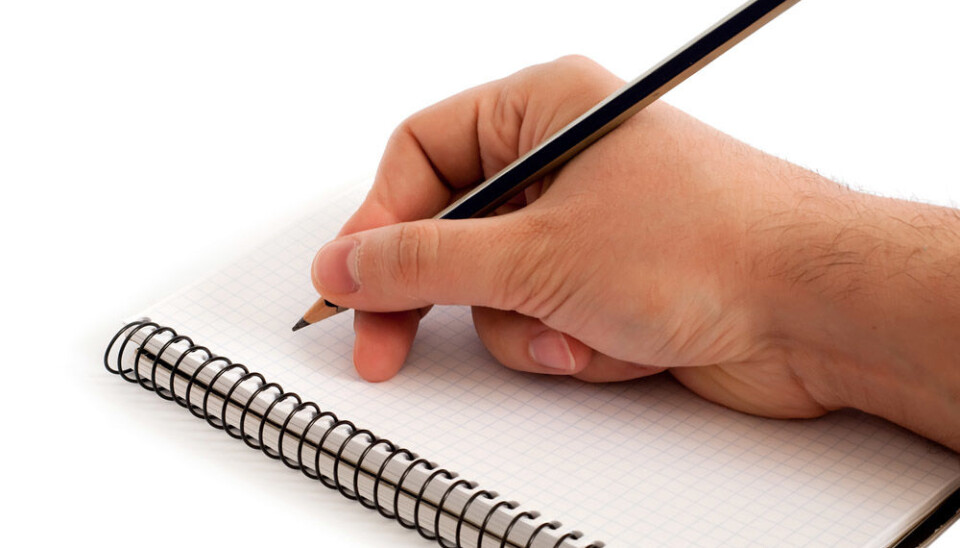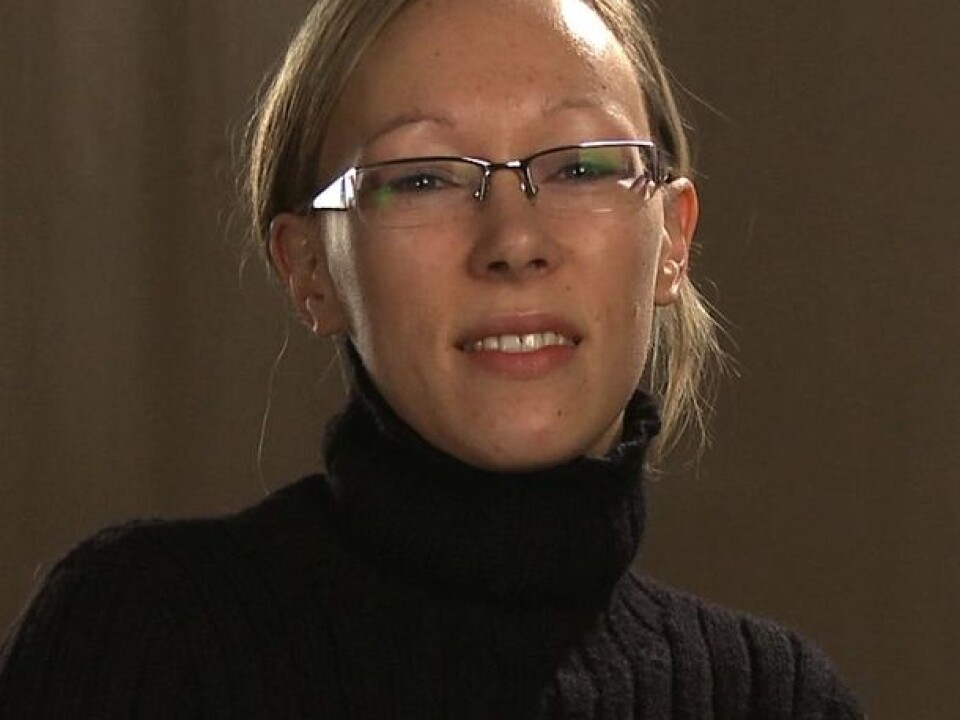
Society needs a watchdog press
Scrutinising and trustworthy journalism is still what sells in a commercial market.
Denne artikkelen er over ti år gammel og kan inneholde utdatert informasjon.
In a media world that is constantly evolving, the basic tenets of journalism are still essential to maintaining society’s democratic and political processes.
This is the conclusion of Helle Sjøvaag, who has studied the ideals of journalism in light of the new digital markets and financial interests.
Sjøvaag analysed news broadcasts on Norway’s commercial public service broadcaster TV 2 and TV 2 News Channel as well as interviewing editors of these channels.
“A major find is that the fourth estate still has credibility and is taken seriously. Journalistic values continue to have a heavy impact and make sense commercially. TV 2 is able to provide relevant and trustworthy news in an overflowing news market," says Sjøvaag.

According to Sjøvaag it is financially viable to focus on the traditional ideals of journalism in the new digital market. These ideals and economic concerns needn’t be incompatible. The ideal aspects of journalism can also comprise a real economic value along the lines of the institutional value of professional ideals.
Advertisers generally like to be identified with news that has solid credibility, and this helps enable commercial channels to provide serious journalism.
Enter the amateurs
Sjøvaag has studied the suppliers of news coverage and editorial functions. She explains that amateur videos are now often used in a mixture of editorial contributions in breaking news broadcasts. Amateurs have taken on the roles of witnesses and informants for the media.
"My findings show that a balance is kept to ensure that journalistic ideals are well maintained," she says.
Sjøvaag has also carried out a comparative analysis of the content of terror event coverage on the public broadcaster NRK and the commercial TV. Her aim is to look into how journalistic methods function strategically in the editorial confrontation with amateur contributions.
“An analysis of the coverage of the London bombings on 7/7 in 2005 and the assassination of Benazir Bhutto in 2007 show that NRK and TV 2 had different approaches to amateur contributions involving visuals of a violent nature. TV 2 emphasised the news value of such pictures. NRK was more reluctant to use such material," says Sjøvaag.
Something both channels had in common was the way a journalistic treatment of such material bolstered their gatekeeper functions. Journalistic methods and editorial frameworks maintain the boundaries in confluence with amateurs.
Strategic choice
Sjøvaag describes how the journalists’ professional standards help maintain institutional boundaries. She analyses TV 2’s news presentation strategies in the digital changeover and how the channel utilises journalism’s ideals in a competitive situation.
“The journalistic ideals are essential and enable us to keep the press responsible. The press still has a key role in our society and must continue to have it. The professional standards and ideals of journalism comprise a highly flexible system of values that function as a gatekeeper for the professional status of the vocation.”
“Journalism’s core ideal thus helps protect and advance the profession’s role in society, says Sjøvaag.
“The press has to sustain its watchdog role,” concludes Sjøvaag, who now conducts research at the Stein Rokkan Centre for Social Studies in Bergen.
-------------------------------------------------------
Read the article in Norwegian ar forskning.no
Translated by: Glenn Ostling






























